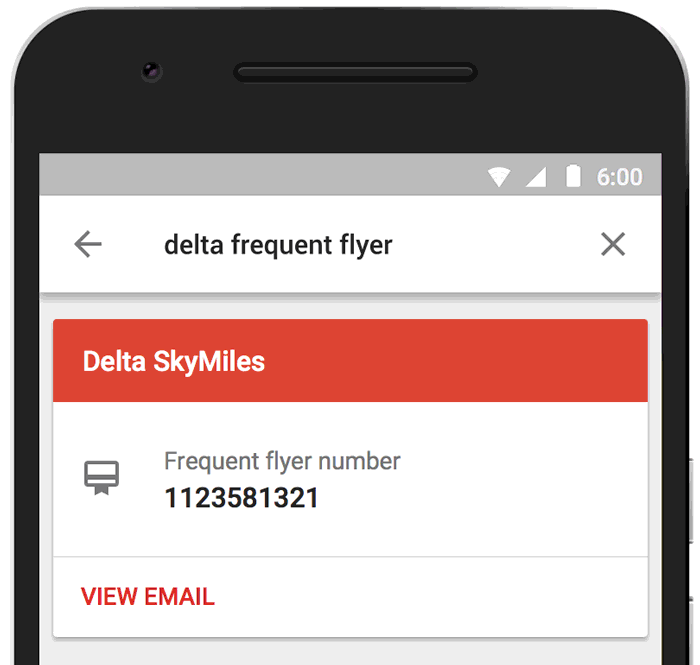We’re thinking about email all wrong. We should be measuring email clicks on a CPC basis and we should be thinking about email clients as a people’s personal search engines. Email is the most valuable marketing asset, and here is a new mental framework to make it even more powerful to your organization.
A Short History of CPC
My father was in SF during the .com bubble. Growing up he always mantra’d, ” Back then nn marketing everything was about Eyeballs”.
Eyeballs was the original metric for measuring the cost of advertising. Advertisers gave them a name; impressions. Then advertising made up some jargon like recall retention, likeliness to buy and other vanity metrics.
Along came the internet and suddenly a new metric was born — cost per click. Bill Gross with Idealab and goto.com were the pioneers of CPC, but Google was the apostle that brought it to the world. Now, rather than paying for impressions you paid for traffic to your website and suddenly eyeballs weren’t important — user actions were.
How to Think About Email’s True Cost
There’s an anonymous quote, “You’ll change more street addresses than you will email addresses in the 21st century”. Even though email’s being disrupted by free services like Gmail, it is still an effective channel for driving traffic, nurturing leads and re-engaging audiences.
But I think we’re thinking about Email marketing all wrong. Why aren’t we thinking about it in terms of cost for click like we do search and display? It’s pretty easy to calculate. The price you pay monthly for the email sender divided by the amount of clicks you create with email. An even more effective way to think about it is to look at the conversions that come from email in comparison to paid ads.
But cost isn’t the only resource. There’s also time and mental energy.
So we have to factor that into our cost per click that comes from email. With these ideas in mind I dove into my client’s data to try to uncover the true cost per click we are paying for email clicks. And this got me thinking about the true cost of email nurture campaigns.
The true cost of an email CPC is:
Email CPC = Initial labor setup costs + (CRM cost * months) / Total clicks in time frame
As an example of this:
Email CPC = $2500 + ($99 * 24) / 2500
Or
Email CPC = $1.95
Say we were spending $0.10 on paid ads, now we have to make the decision of whether this premium for a CPC is worth it. It’s worth it because people were revisiting the emails months later.
Email is a Personal Search Engine
While I was looking at the email data something really interesting jumped out at me — people would open the email the month it was sent an then months later they would return back to that email and click again.
And this got me thinking about how I use my own email. I email myself links all the time, and in this way I use my email as a sort of database and search engine. And this got me thinking about how others probably use their own email as a search engine as well, a place to store things they find interesting and search for them later.
This made me realize that email accounts we’re being used as a kind of hacked database by users, a database that they can search later on. And I had the aha moment — when we send emails to users we’re adding our brand, content and ideas to their database — a database that they search later on.
To take this a step further, it made me realize that when people share their email with your organization through a PDF download, a newsletter signup, or when they make a product purchase they’re giving us permission to add to their database. This allows us to seed their database with information that is relevant to them but related to our brand which they will potentially return to in the future.
And in this way email is not a transactional campaign, but rather a long term marketing strategy similarly SEO. Specifically, the more content we have in people’s inboxes that’s relevant to them, the bigger the network of information is that links back to our site


